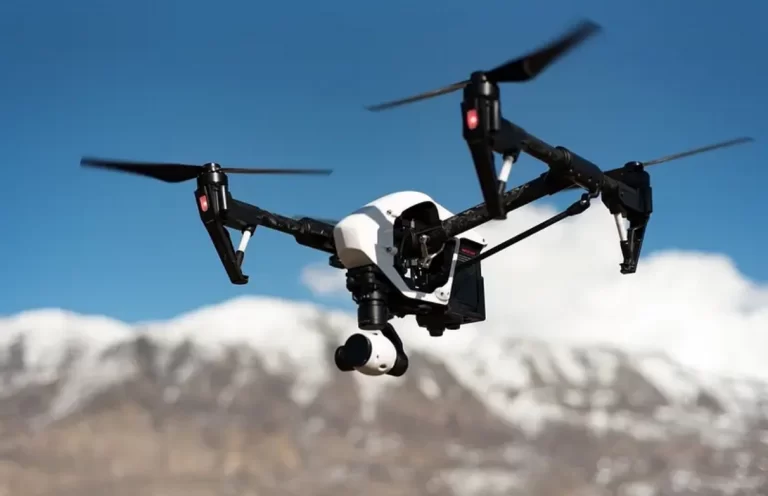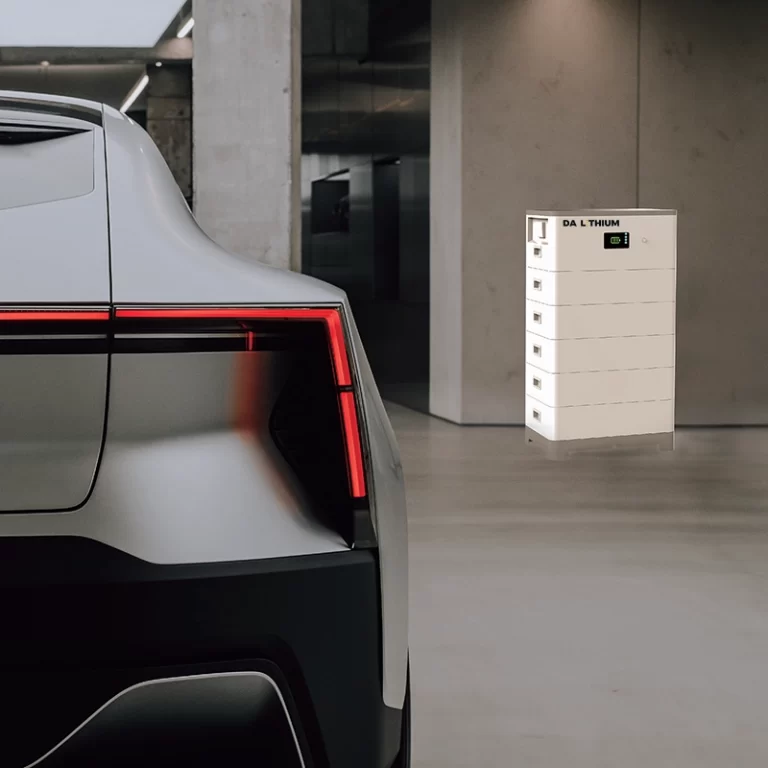Wondering how to choose an RV solar battery charger? This is the post for you.
They say the best things in life are free. That’s certainly true when it comes to powering your RV off grid. Instead of paying for earth-unfriendly generator fuel, why not harvest clean and free energy from the sun?
Of course, to do this you’ll need to make an initial investment with an RV solar battery charger. Plus, you’ll need some knowhow to build your own solar setup. Sound daunting? It’s probably easier than you think! We’ll cover the basics below and do what we can to help you get started.
What’s An RV Solar Battery Charger?
Simply put, it’s a solar panel setup that charges your RV battery. Solar panels convert the sun’s rays into electricity. You can store this energy in batteries, and use it to power appliances in your RV.
That can really come in handy when you’re boondocking (parking your RV off campgrounds) or dry camping (RVing without electrical hookups).
So what components will you need for your RV solar battery charger? That depends on how much energy you need, and how long you want to run your appliances. But the basics remain the same:
- Solar panel(s)
- Charge controller (regulates the current)
- Battery (or batteries)
Choosing An RV Solar Battery Charger
Before you choose your solar panels and batteries, figure out how much energy you’ll use in a typical day.
If you run lights and a water pump only, it’s possible you can get by with just 1 solar panel and 1-2 batteries. If you’re looking to plug in lots of gadgets, like cell phones, computers, microwaves, and TVs, 2 solar panels and 2-4 batteries will do the trick.
Get stuck? You can find worksheets online that can help you “translate” your energy consumption into the battery capacity (measured in amp-hours) and solar panel rating (measured in watt hours and volts) you’ll need.
Or, you can for advice on creating the perfect RV solar battery charger setup for your needs.
Next, we’ll discuss the types of solar panels, batteries, and charge controllers available on the market.
There are also a few other factors to consider, of course. What if the large solar panel you need doesn’t fit on your RV roof? If this happens, you could install several smaller panels instead.
Weather is a factor as well. The bottom line is that solar panels need sun to work. But not every day is sunny! If overcast days are a concern where you travel, look for panels that will still produce power when it’s cloudy.
What about price? In the end, you get what you pay for. So the highest performing solar panels are those with the highest price tag. If having consistent power is top on your list, go for quality panels made by reputable manufacturers.
Best Batteries For Solar Setups
Choices, choices, choices! What kind of battery do you need for your RV solar battery charger? The standard choice is a . But amp-hour rating and the type of battery can vary.
Consider the following:
- Amp-hour rating (Ah). The higher the Ah, the more energy stored. Some RVers can get by with 50-100Ah. But if you want to take longer trips or power more appliances, you might want a 125Ah-200Ah (Or, you can hook up more than one battery).
- Battery type. You can get a cheaper lead acid battery, or go for “the gold” and get a high-performance LiFePO4 lithium battery. Lead acid may be adequate for those looking to test the waters. But lithium batteries last far longer, use energy more efficiently, and charge faster. They’re also better for the environment. Additional options include AGM and gel batteries, but they don’t hold a handle to lithium.
What Are Charge Controllers?
The last basic component of your RV solar battery charger is the charge controller. Also called regulators, these gadgets control the flow of energy that enters your batteries from the solar panels. They make sure your batteries don’t get overcharged.
There are two basic types of charge controllers: simple and sophisticated. The simplest kind is the shunt controller. It stops energy from reaching the battery once it’s full. The other kind, a series controller, can gradually reduce the energy flow as the battery charges.
What About Portable Solar Setups?

Sometimes you just need a little extra power to charge small but essential gadgets, like your cell phone. Portable solar setups are perfect for this!
They’re also a great introduction into the RV solar battery charger world. You can give them a test run when you don’t want to mess with installing large panels, or aren’t ready to make a large investment yet.
Portable panels unfold like a pamphlet, and you can place them anywhere! (In the sun, of course). Connect them to your battery…and voila! An instant way to charge while off-grid.
Titan Power -battery offers 40W and 20W versions that can charge 12V batteries. You can fold them up and stash them in a backpack. Paired with a lightweight lithium battery, it’s a breeze to take them on a hike or boat trip.
Whether you’re in need of a small portable setup or are searching for the best 12v batteries to accompany your setup, here at Titan Power -battery, we’ve got you covered!


